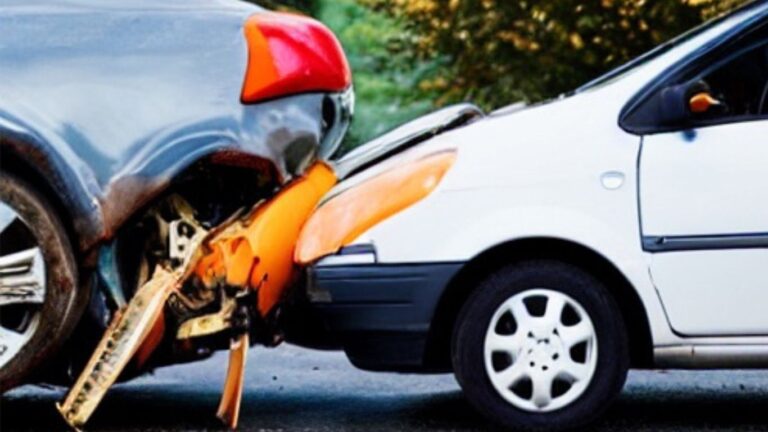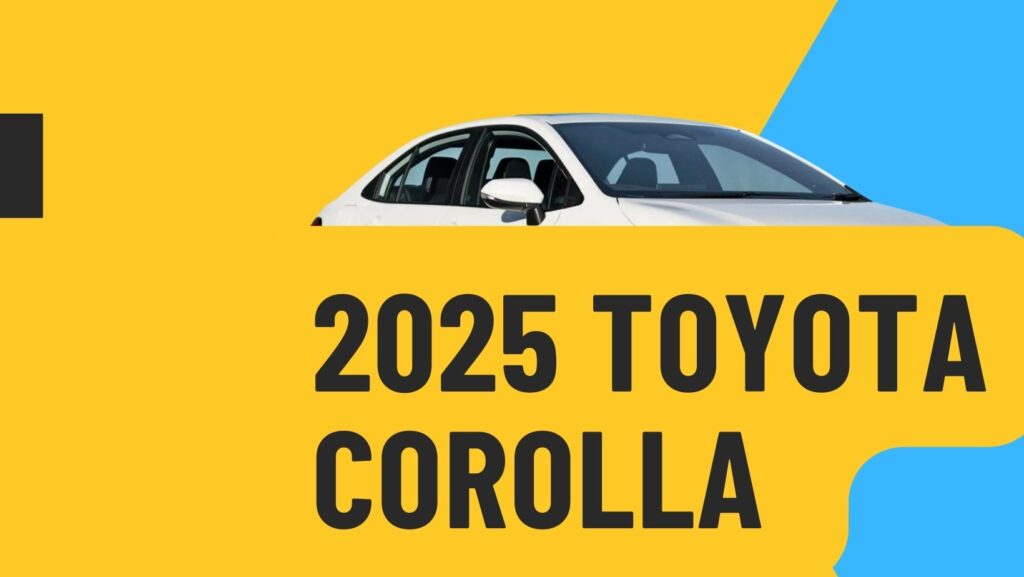What is Auto insurance – Introduction.
Also, know what auto insurance covers and what it doesn’t.
Many states provide basic personal auto insurance, which offers financial security in the event of an accident.
Is it, however, sufficient? What are your choices? Learn about auto insurance and the various available forms of coverage.
The fundamentals of Auto insurance:
Auto insurance is an agreement between you and the insurance company that provides you with financial protection in the event of a theft or accident.
The insurance agent promises to cover the damages outlined in the contract in return for you paying a premium.
Auto Insurance Covers the below-given points:
- Your automobile being stolen or damaged is an example of property.
- Liability refers to a person’s moral obligation to another in the event of physical harm or property loss.
- Medical expenses include the costs of treating accidents, rehabilitation, lost wages, and funeral expenses.
Most states in the United States provide basic personal auto insurance, but the laws differ.
Individually priced auto insurance coverage (a la carte) allows you to tailor coverage amounts to your specific needs and budget.
Policies are changeable and often established for six months or a year. The insurance company will send you a notice when it’s time to make changes to your policy and pay the associated costs.
So here are the primary characteristics of Auto Insurance:
- Car insurance is designed to protect you financially if you are in an accident or if your vehicle is damaged in any way.
- Most states mandate that you have at least liability insurance; some also require additional coverage, such as uninsured motorist coverage.
- Whereas deductibles are the sums you pay when you make a claim, premiums are the amounts you pay monthly, biannually, or annually to maintain your auto insurance policy in effect.
- To get the right coverage for your vehicle at the best price, search around for the best car insurance rates.
Who is protected by my auto insurance policy, and under what conditions?
If you’re driving your car or someone else’s, your auto insurance will protect you and other family members (with their permission). Your policy also covers you if you allow someone who isn’t on your approach to driving your car with your permission.
If you’re commuting to work, doing shopping, or taking a vacation, your auto policy includes personal driving.
But if you use your vehicle for commercial purposes, such as delivering pizzas, it will not offer security.
Also, if you use your vehicle to offer transportation to others through a ride-sharing service like Uber or Lyft, your auto insurance will not protect you.
Still, several vehicle insurers are also providing (for an additional fee) supplemental insurance policies that broaden coverage to include drivers who operate ride-sharing businesses.
Is Auto insurance a legal requirement?
State-by-state auto insurance provisions differ.
If you’re looking for a car loan, the lender can have additional conditions.
All States in the USA mandate that car owners have:
- Bodily accident coverage – this insurance covers the expenses of accidents or deaths caused by you or another driver while driving your vehicle.
- Property damage insurance- covers damage to another vehicle or piece of property caused by you or another driver in your cars, such as a fence, house, or utility pole.
Furthermore, several states order that you carry:
Hospital premiums, also known as personal injury prevention (PIP), are a type of insurance that repays you for medical costs incurred by you or your passengers.
It would also cover missed salaries and other costs associated with the situation.
Uninsured motorist coverage compensates you if an accident is caused by a driver who does not have car insurance or if a hit-and-run occurs.
You can also purchase underinsured motorist coverage, which will reimburse you for expenses incurred if another driver doesn’t have the required insurance to cover the payments of a major accident.
Even if your state makes personal injury protection (PIP) and uninsured motorist coverage optional, consider adding them to your policy for added financial security.
What are the most popular forms of auto insurance coverage?
While most general, legally required auto insurance covers damage caused by your vehicle, it does not cover damage to your car.
Consider the following optional coverage for your car:
- When you’re at fault, crash insurance pays for damage to your car caused by a collision with another vehicle or another obstacle (such as a tree or guardrail). Although crash coverage does not cover mechanical failure or normal wear and tear, it does cover damage caused by potholes or rolling your vehicle.
- Comprehensive coverage protects you from theft and harm caused by events other than collisions, such as arson, flood, vandalism, hail, dropping rocks or trees, and other hazards or even an “asteroid strike”.
- Windshield damage is a normal incidence, and Glass Shielding protects you from it. Glass coverage with no deductible is available on some auto plans, and it covers side windows, rear windows, and glass sunroofs. You may also purchase additional glass coverage.
Not sure what gap insurance is or whether you need it?
Collision and full insurance cover the market value of your vehicle, not the price you paid for it, and new cars depreciate rapidly.
There could be a “gap” between what you owe on the vehicle and your insurance policy if it is totalled or stolen.
To cover the difference, you may want to consider buying gap insurance.
Gap coverage is usually bundled into the lease payments for leased vehicles.
Note: Inquire with your insurance provider about ways to reduce your auto insurance premiums, such as obtaining a safe driving discount or enrolling in a defensive driving course.















